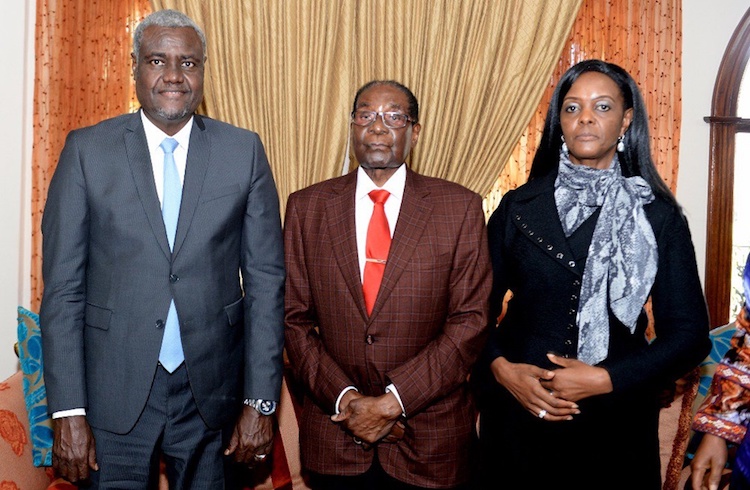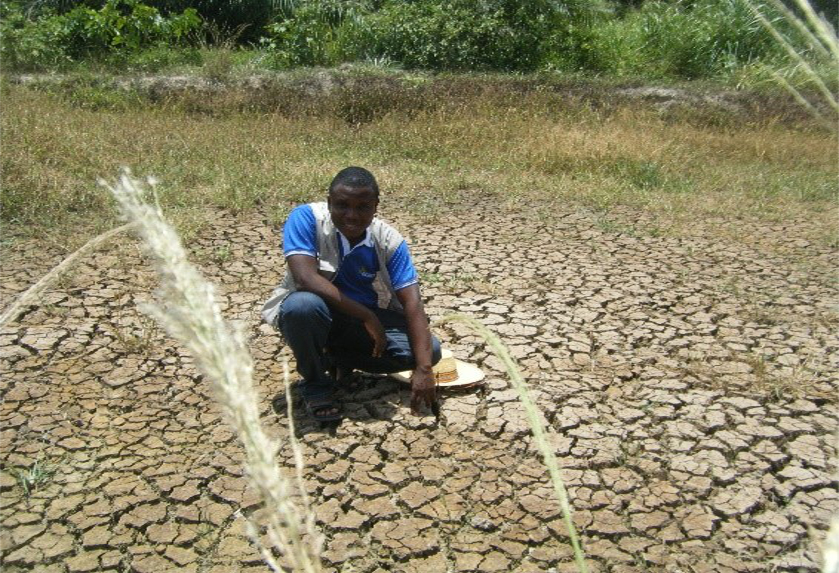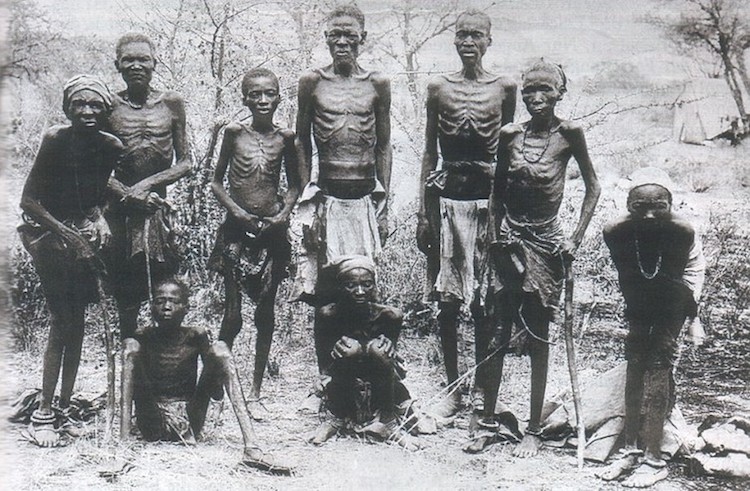By Lisa Vives, Global Information Network NEW YORK (IDN) – Just days before a major retrospective of his cinematic work in Brazil, Idrissa Ouedraogo passed away in his home country of Burkina Faso on February 18. He was 64. “We talked two weeks ago,” said a grieving Janaina Oliveira of Brazil’s Center for Afro-Brazilian and […]
DR Congo Calls Deportation of Refugees by the U.S. ‘Inhumane’
By Global Information Network NEW YORK (IDN) – Six nationals of the Democratic Republic of Congo (DRC) and two Zambian citizens were sent back to the U.S. after Congolese officials called their deportations “inhumane”. The six arrived on February 21 aboard an American aircraft at Ndjili airport, said Congolese Human Rights Minister Marie Ange Mushobekwa, […]
Mugabe, In Rare Outburst, Slams Former Allies Who Ousted Him
By Lisa Vives, Global Information Network NEW YORK | HARARE (IDN) – After weeks of silence, former Zimbabwe president Robert Mugabe came out of his shell and delivered a furious tirade against his one-time party allies who engineered his ouster in November 2017 in an action they called ‘Operation Restore Legacy’. Mugabe, in a rare […]
Beware of Branding Africa as the World’s Most Corrupt Region
By Jutta Wolf This is the first in a series of reports highlighting salient aspects of Transparency International‘s latest analysis on challenges posed by corruption around the world as well as successes and failures of efforts targeting a scourge that eats into the vitals of human rights. – The Editor. BERLIN (IDN) – Though Africa […]
Ethiopian Resignation Triggers Anxiety, Anger and Emergency
By Lisa Vives, Global Information Network NEW YORK | ADDIS ABABA (IDN) – The Ethiopian government has given itself sweeping new powers – from restrictions on freedom of assembly and free expression to the deployment of combat-ready troops in civilian centers. The newly imposed state of emergency is expected to last six months. The harsh […]
Drought Forces Ghana To Ration Water Supply
By Global Information Network NEW YORK | ACCRA (IDN) – The state-owned Ghana Water Company Ltd (GWCL) has announced that due to severe dry winter winds (called ‘harmattan’) and the drying up of rivers, water deliveries will be rationed over the coming months while the country awaits the rain. “We are sorry to inform the […]
UN, African Union Partnership Key to Success of Peacekeeping
By J Nastranis NEW YORK (IDN) – Strong partnership between the United Nations and African Union is a key to the success of peacekeeping operations of the Joint Task Force on Peace and Security, particularly in view of an increasingly complex nature of conflict and the lack of progress of political processes, a consultative meeting […]
Reparations Suit Over German Colonial Massacre Significant for the UN Genocide Convention
By Lisa Vives, Global Information Network NEW YORK (IDN) – In its first formal response to a class-action suit filed by the Herero and Nama people of Namibia, Germany has asked a New York judge to throw out the suit as “inadmissible” because of “the principle of state immunity.” Representatives of the communities directly affected […]
Decision to Deport African Immigrants Sparks a Debate in Israel
By Lisa Vives, Global Information Network NEW YORK (IDN) – Under a so-called “infiltrator’s law”, more than 1,000 African asylum seekers in Israel face deportation from Israeli detention centres starting in March. Speaking at a recent Cabinet meeting, Prime Minister Benjamin Netanyahu defended the harsh enforcement policy. “We are not acting against refugees,” he said. […]
Bookshops and Race: Nigerian Writer Speaks Out
By SWAN PARIS (IDN | SWAN) – “Are there bookshops in Nigeria?”, asked a French journalist of famous Nigerian writer Chimamanda Ngozi Adichie, igniting a firestorm on social media following an event in Paris on January 25. Many outraged observers accused the journalist of racism and ignorance, while lauding Adichie’s response “I think it reflects very poorly […]










